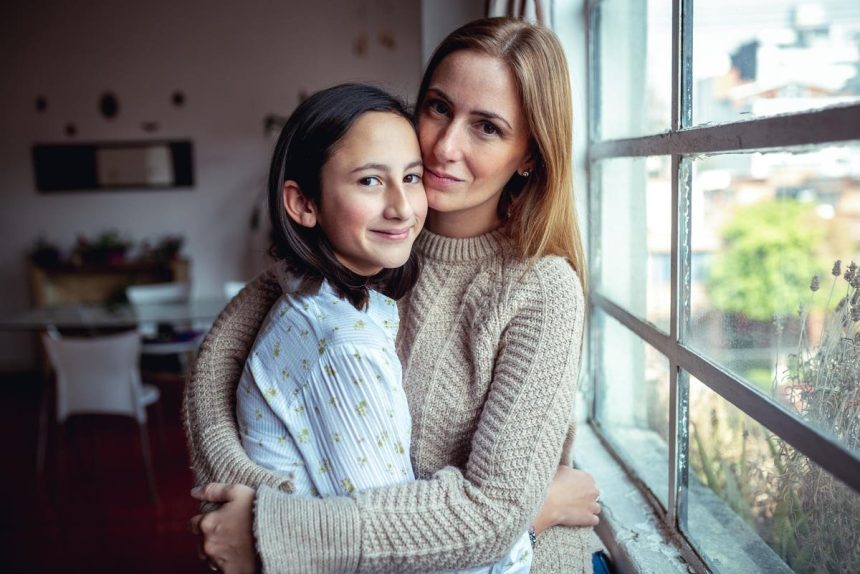Brands, be aware: Generation Alpha is online, but they do not want to star in your sponsored posts or branded content.
There is undeniable evidence that social media and other online platforms have contributed to America’s youth mental health crisis. The U.S. Surgeon General has warned that social media use by children and teenagers can pose a “profound risk of harm” to their mental health and well-being. Last September, the U.S. Department of Health and Human Services awarded $2 million in funding to the American Academy of Pediatrics to establish a National Center of Excellence on Social Media and Mental Wellness.
This year, the oldest member of Generation Alpha turned 13 years old. Consumer marketing teams can officially gather more accurate data on the youngest Generation’s social media behavior, straight from the source. (Thirteen is commonly the minimum age to use social media sites, but nearly 40% of kids ages 8 to 12 use social media platforms against company policy.) It hasn’t been easy for Millennial parents to model good social media behavior for their children. But interestingly enough, Generation Alpha is not modeling its digital presence after that of its parents.
We’re experiencing a generational backlash.
As Generation Alpha ages- and perhaps in response to the behavior of their Millennial parents- they’re less inclined to star in their social media content. A 2021 report from Common Sense found that just 12% of Generation Alpha tweens enjoy social media “a lot,” a small percentage when compared to the amount who enjoyed online videos (61%) and video games (47%). Some 25% of the oldest members of Generation Alpha say it would be very easy for them to give up social media, compared to 16% of the youngest members of Generation Z. Generation Alpha spends only eight minutes daily creating content, yet nearly an hour and a half every day gaming.
Studies suggest social media tends to make girls feel bad about themselves and their bodies. Understandably, more and more Generation Alpha girls are avoiding showing their faces and bodies on social media. This was confirmed after interviewing four anonymous 12-year-old girls about their digital footprint and presence on TikTok:
- “I feel like I’m ugly.” (other girls nodded and one said, “Same.”)
- “I feel comfortable when people don’t know who I am unless they’re my friends.”
- “I don’t like it when people I don’t know, know who I am.” (another girl said, “Same.”)
In 2020, parents of the youngest members of Generation Alpha said their child used TikTok… at less than one year old. Pew Research Center found that the oldest members of Generation Alpha are more likely to use YouTube, TikTok, and Snapchat. YouTube remains a key platform for this Generation. Among parents who say their child watches videos this way, 53% say they do this daily.
Recently- and likely as their children become old enough to object- mom influencers have stopped sharing content featuring their Generation Alpha children. Sarah Adams is a mom who believes children have a right to privacy, informed consent, and online safety. She founded Mom Uncharted, a grassroots organization that believes Millennial mom influencers should “prioritize a child’s right to privacy, informed consent, critical thinking, and safety online over a parent’s desire for online fame.”
It seems that there are some members of Generation Alpha who already understand the fragility of a personal brand. These intelligent children know others will always have an opinion of you- they’d just rather people they’ve actually met be the ones forming the opinion.
Read the full article here





